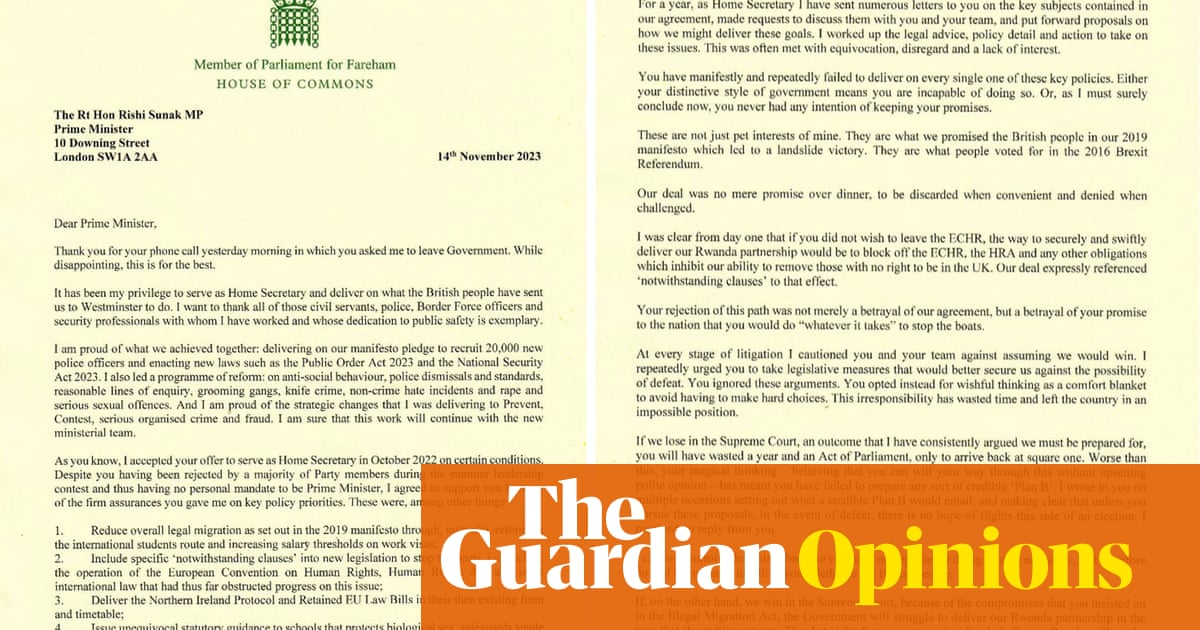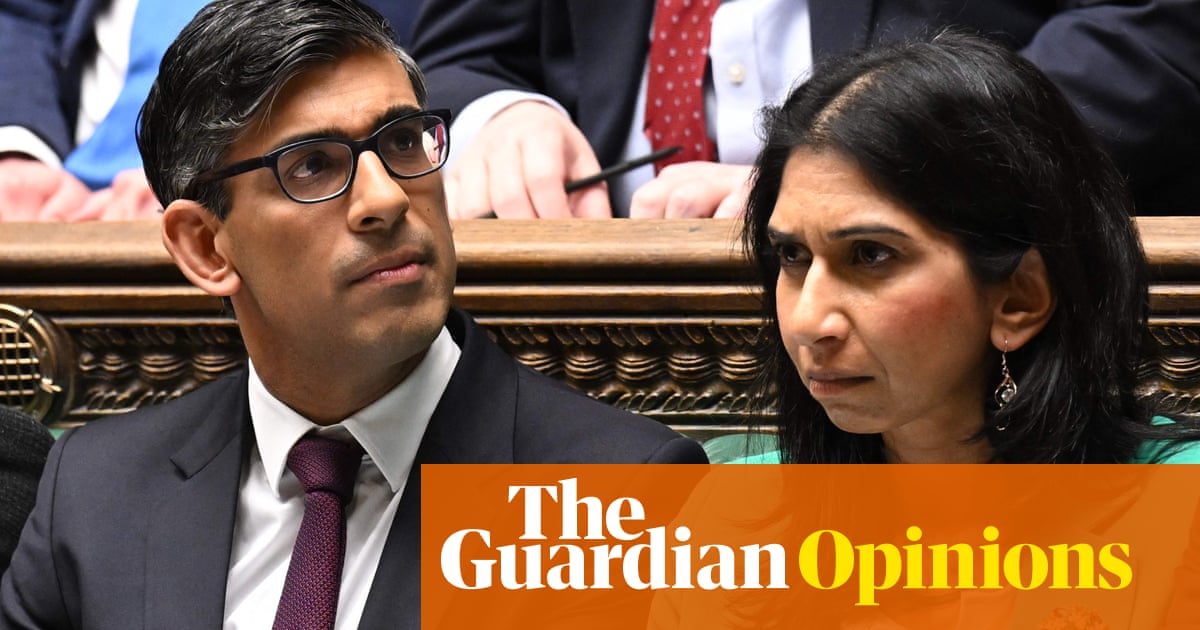
Even during the second world war, the role of the government did not extend to funding jobs across every sector of the economy. The measures announced by Rishi Sunak at this evening’s press conference are unprecedented in the history of the British state, as the chancellor himself noted. He revealed that the government would establish a coronavirus jobs retention scheme for all employers, large or small, that will cover 80% of wages, up to £2,500 a month. The scheme will initially be open for three months, but could be extended, and will be backdated to 1 March.
UK government to pay 80% of wages for those not working in coronavirus crisis
Read more
The chancellor’s drastic intervention is a worrying indication of the severity of the crisis to come. It’s unclear why the government waited until Britain had seen 177 deaths from coronavirus to introduce such measures, including the closure of bars, restaurants and gyms. And despite the scale of this intervention, life will still be very tough for many families, especially in London, where the average wage is higher than the scheme’s ceiling.
For many households, rents already amount to more than 50% of income. More radical steps will still be necessary to reduce rents, rather than simply to defer their collection. But this should not distract from the extraordinary scale of today’s announcement.
The government plans to inject £7bn into the welfare system, which will help some four million households. The universal credit standard allowance and the working tax credit allowance will both rise by £1,000, while the minimum income floor for universal credit will be suspended, allowing self-employed people to access it at a rate equivalent to statutory sick pay for employees. But with statutory sick pay set at just £94.25 a week, many people – particularly the self-employed – will still face serious hardship.
Advertisement
If the economy is to be able to recover, it is vital that firms are prevented from going bust, or laying off staff. They need to retain the productive capacity to bounce back once the immediate crisis subsides. The chancellor announced more measures to improve liquidity, deferring the next quarter of VAT until the end of the financial year in April 2021, measures that amount to a £30bn injection of cash into the economy. These steps will be welcomed.
Sunak also announced that interest-free loans for businesses would be extended from 6 months to a year. Yet more intervention still seems likely: with such high uncertainty and the collapse in demand, cheap borrowing is unlikely to be sufficient. What firm would take on more debt under these circumstances?
Coronavirus: the week explained - sign up for our email newsletter
Read more
The next stage in the government’s coronavirus policy programme could include non-repayable grants to small business, to help cover fixed costs such as rent, and perhaps capital injections into large businesses in return for equity (which could later be sold off to help pay down the enormous expansion in government debt). Some equity dilution is a small price to pay to save businesses from collapse.
The dramatic decision to instruct all cafes, pubs, bars and restaurants to close tonight and not reopen tomorrow will be reviewed each month. Nightclubs, theatres, cinemas, gyms, and leisure centres will also close indefinitely. All business rates are to be abolished for the hospitality sector, and grants of up to £25,000 will be made available for business premises. This will come as an enormous relief to a sector that has been staring at oblivion in recent weeks.
With these actions, the government has effectively put the entire economy on to life support. The costs of the virus have been collectivised and the burden shared among all of us. It will require a massive expansion in government borrowing – by the end of the year, the scale may well dwarf the 2008 financial crisis. It could take decades to pay down the costs of the pandemic.
Coronavirus has shattered the myth that the economy must come first
Adam Tooze
Read more
This crisis is a sobering reminder that humans are fragile – and that capitalism is merely a human construct. In these desperate times, it is only through collective action that we can sustain and support one another, where the basic values of kindness and compassion matter most. And that is surely the purpose of government: to ensure that everyone is protected, and no one is left behind.












